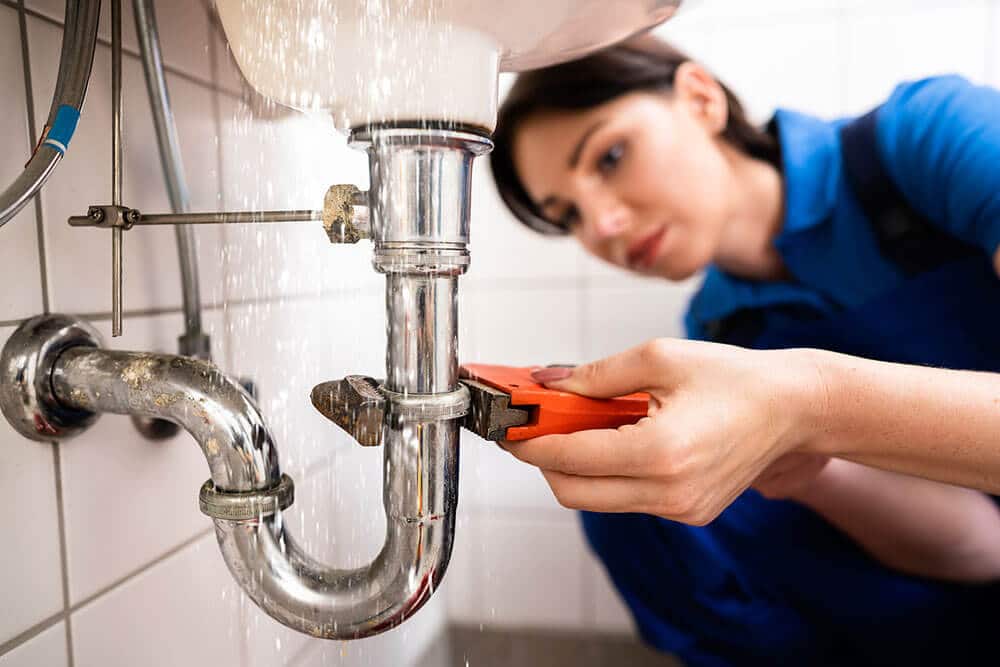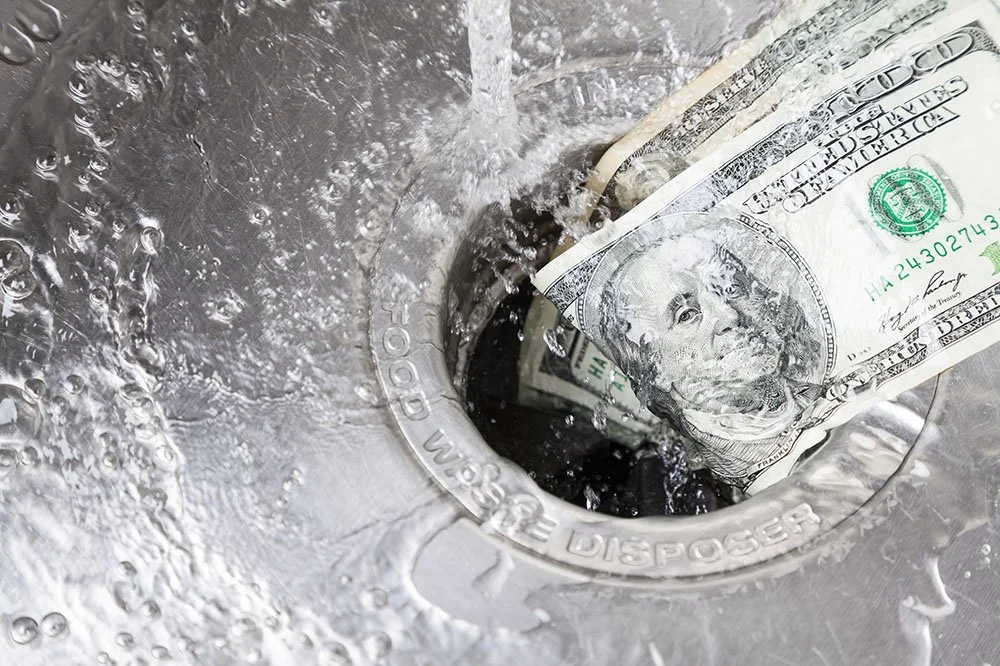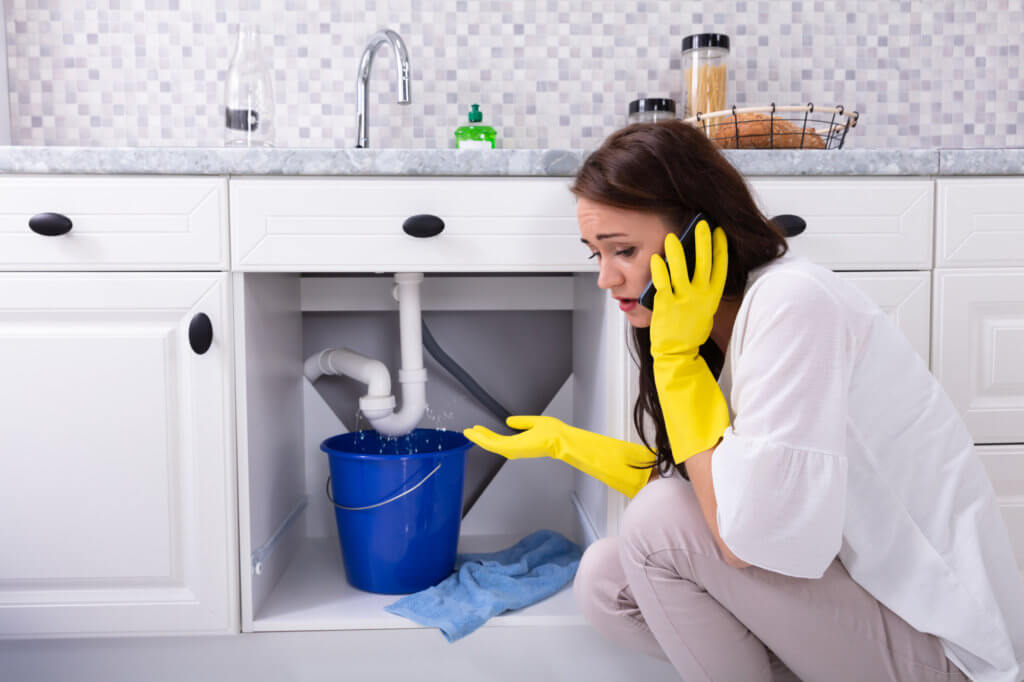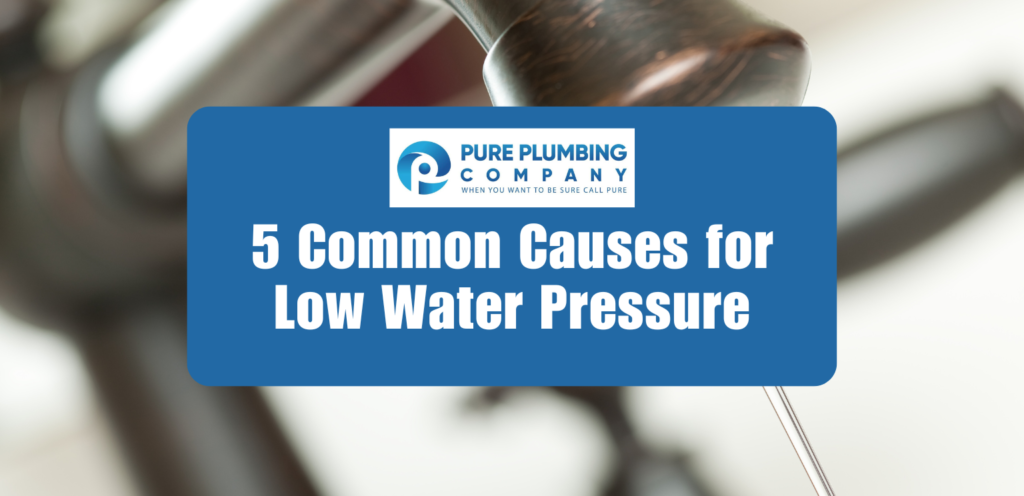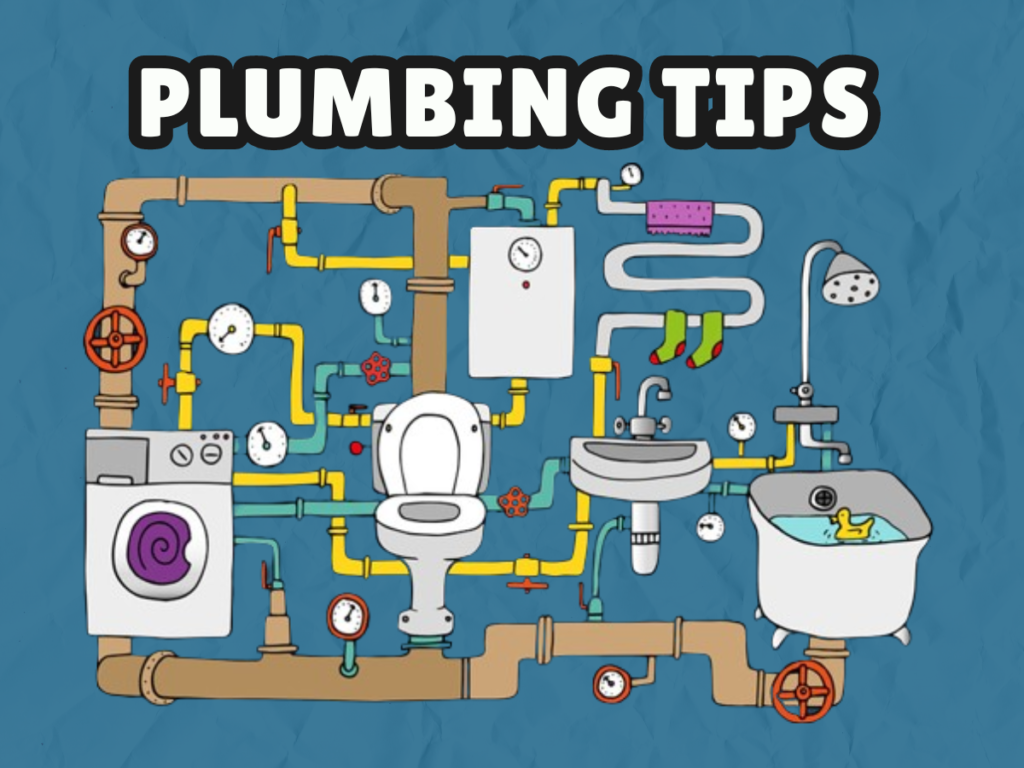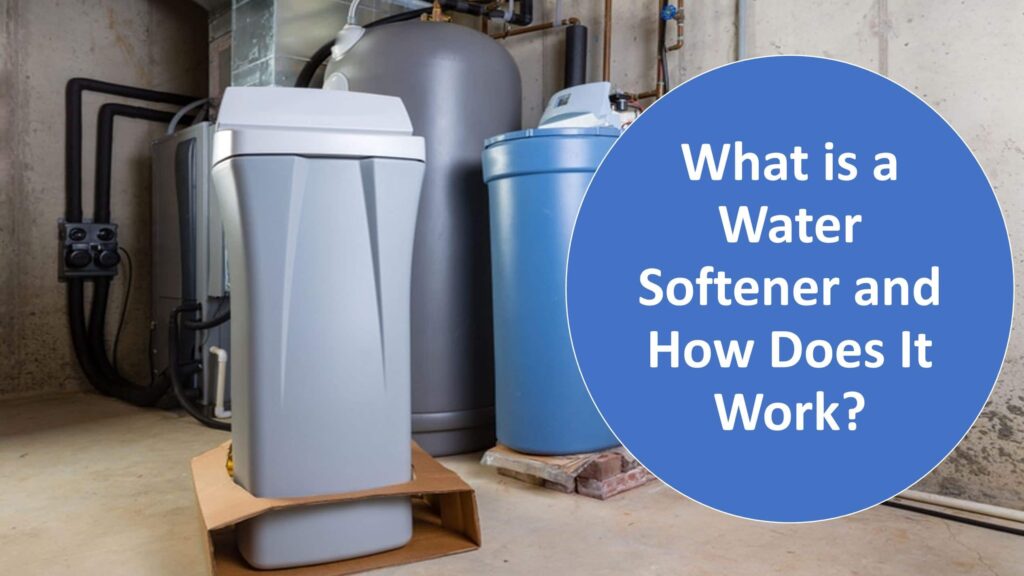Common Mistakes to Avoid During Residential Gas Line Installation
Gas lines are the lifeblood of many homes, providing the fuel necessary for heating, cooking, and more. However, if not installed correctly, they can pose significant safety risks. To mitigate these risks, it is vital to be aware of the potential mistakes that can occur during the installation process. From the choice of materials to the adherence to local regulations and the importance of professional expertise, we will explore the key factors that contribute to a successful gas line installation.
In the following sections, we will not only outline these common mistakes but also provide answers to frequently asked questions, such as the safety of DIY gas line installation, the permits required, and the recommended frequency of gas line inspections. By the end of this guide, you will have a comprehensive understanding of how to navigate the complexities of residential gas line installation while prioritizing safety and efficiency.
Understanding the Gas Line Installation Process
Gas Line Installation Process
1. Assessment: A licensed technician evaluates your home's energy needs to determine the right size and capacity for the gas line
2. Material Selection: Choosing the correct materials is vital for safety and durability. High-quality materials prevent leaks and corrosion.
3. Permit Acquisition: Depending on your location and local regulations, permits may be necessary. Skipping this step can lead to fines and delays.
4. Installation: The gas line is installed, following safety protocols and regulations.
5. Testing: Thorough testing is conducted to ensure the integrity and safety of the gas line.
Common Mistakes to Avoid
Gas line installation is a critical task that directly impacts the safety and functionality of your home’s energy supply. Whether you reside in San Marcos or any other location, understanding the potential pitfalls and best practices is essential. In this guide, we will explore the common mistakes that homeowners should avoid when it comes to gas line installation. From selecting the right materials to adhering to local regulations, we’ll highlight key factors that contribute to a safe and reliable installation. This knowledge will help you prioritize safety and efficiency throughout the gas line installation process.
Now, let’s explore the common mistakes homeowners should steer clear of during gas line installation:
1. DIY Gas Line Installation
2. Neglecting Required Permits
3. Inadequate Gas Line Materials
4. Ignoring Maintenance
5. Incorrect Sizing
6. Improper Installation for New Construction
Hiring Reliable Gas Line Installation Services
To avoid the common mistakes associated with gas line installation, it is absolutely crucial to enlist the services of reliable professionals, particularly if you’re in San Marcos.
Residential Gas Line Services in San Marcos can provide the expertise and experience needed for a safe and efficient installation. These professionals are well-versed in the intricacies of gas line installations and are intimately familiar with local regulations and building codes. This local knowledge is invaluable, as it ensures that your installation not only meets industry standards but also complies with specific regional requirements.
When you choose professional Residential Gas Line Services in San Marcos, you gain peace of mind knowing that your project is in capable hands. From acquiring the necessary permits to selecting the right materials and executing the installation with precision, these professionals take care of every detail. Your gas line will be installed with the utmost care and adherence to all local regulations, ensuring the safety, reliability, and efficiency of your gas supply for years to come.
The Importance of Reliable Gas Line Installation
1. Safety: Gas line installations must adhere to strict safety standards to prevent gas leaks, fires, and explosions. Professional installation minimizes these risks.
2. Efficiency: Properly installed gas lines ensure that your appliances receive the necessary gas supply, optimizing their performance and energy efficiency.
3. Compliance: Compliance with local regulations and building codes is essential to avoid legal issues and ensure your home's safety.
FAQs: Answering Your Gas Line Installation Questions
Is it safe to install a gas line myself?
No, it is not safe to attempt a gas line installation on your own. Gas line installation is a complex and potentially hazardous process that demands specialized knowledge and equipment. The safety of your home and its occupants is at stake. Without the expertise of licensed professionals, there is a heightened risk of gas leaks, explosions, or even fatal accidents.
Gas line installation professionals possess the training and experience necessary to navigate the intricacies of the installation process. They adhere to stringent safety protocols and are well-versed in local building codes. Choosing to hire licensed experts ensures that your gas line installation is executed with the utmost care and attention to safety.
For safe and reliable gas line installation, always opt for licensed professionals who understand the importance of safety protocols and possess the required equipment and expertise.
What permits are required for a gas line installation?
The permits necessary for a gas line installation can vary significantly depending on your location and local building codes. It’s crucial to be aware that attempting a gas line installation without the required permits is not only illegal but also risky, potentially resulting in fines and complications down the road.
To navigate the permit process seamlessly and ensure compliance with all regulations, it’s advisable to enlist the services of a reputable gas line installation provider. They will handle the permit application on your behalf, ensuring that all necessary approvals are obtained. This proactive approach not only saves you time and effort but also guarantees that your gas line installation proceeds smoothly within the confines of the law.
How often should I have my gas line inspected?
Regular gas line inspections are paramount for maintaining the safety and efficiency of your gas supply. To uphold a safe environment in your home and prevent potential hazards, it is recommended to schedule annual inspections and maintenance with a qualified technician.
During these inspections, the technician will thoroughly assess the condition of your gas line, checking for any signs of wear, corrosion, or leaks. Prompt detection of issues can prevent more significant problems and safeguard against potential gas leaks, which can be hazardous.
By adhering to an annual inspection schedule, you ensure that your gas line continues to operate efficiently, minimizing energy wastage and the risk of safety incidents.
Conclusion
Residential gas line installation is a critical process that should always prioritize safety and precision. Avoiding common mistakes, such as attempting DIY installations or neglecting permits, is paramount. Gas line installation is a task best left to licensed professionals who possess the knowledge and experience to ensure safety.
Regular maintenance and inspections further guarantee the reliability and efficiency of your gas supply. When in need of gas line installation services, especially in San Marcos, rely on trusted professionals who adhere to local regulations. They will handle your installation needs with precision, safeguarding your home and ensuring a dependable gas supply. Your peace of mind is worth every precaution taken in this vital process.
Recent Post


